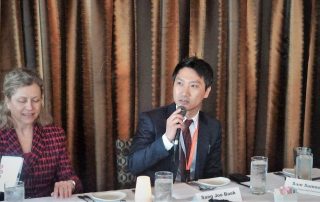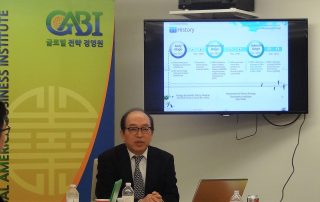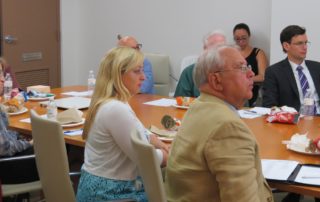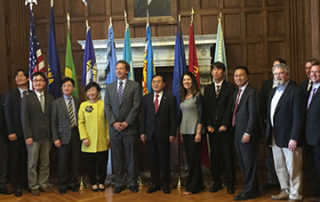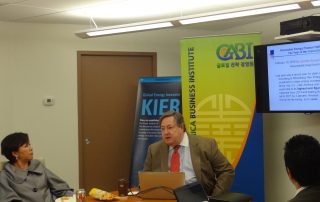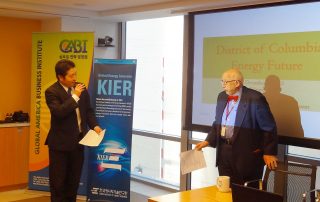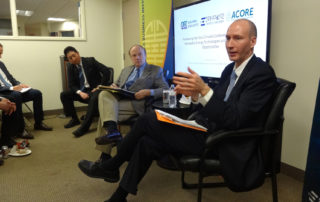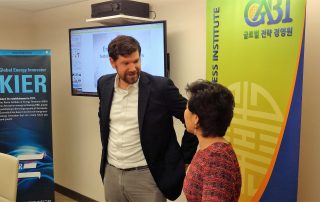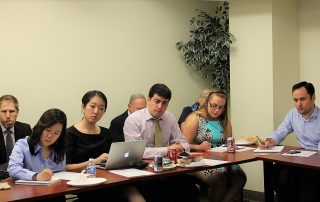While the clean energy industry in Korea has made significant strides in developing state-of-the-art technology, GABI feels that this innovation is necessary to maintain in order to further progress the clean energy industry. As newer technologies are deployed and scaled to economies of volume, costs can be lowered, and new and emerging markets can be penetrated. It is important to promote and introduce Korea’s clean technologies and green industries to global community.
Facilitating Disruptive Automotive Technologies: Issues and Implications of Commercialization
Facilitating Disruptive Automotive Technologies: Issues and Implications of Commercialization March 21, 2017 New disruptive vehicle technologies, should they become more ubiquitous, may create significant changes in the auto industry's business model, bring in new players into this sector, and usher in dramatic changes to society overall. Regarding these disruptive technologies, there are currently two major


